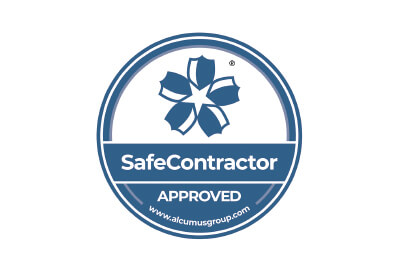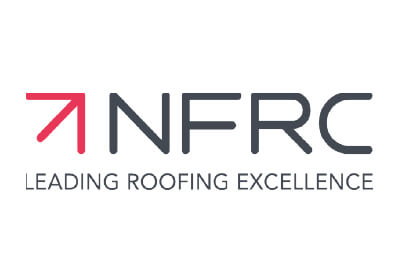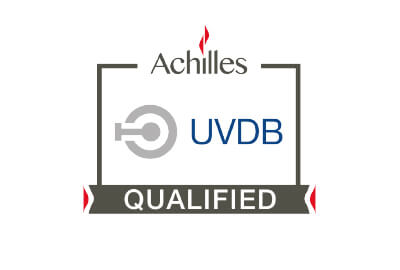Understanding the Cost of a New Roof: What Factors Influence Pricing?
Replacing a roof is a significant investment for any homeowner, and understanding the factors that contribute to the cost can help you make informed decisions. From materials and labour to the size and complexity of the project, several variables influence the overall price of a new roof.
Materials: The type of roofing material you choose has a considerable impact on the cost of your new roof. Common options include asphalt shingles, metal roofing, slate, tile, and wood shakes. Each material varies in price, with asphalt shingles being the most affordable and slate or tile roofing being among the most expensive.
Labour Costs: Labour costs typically constitute a significant portion of the overall expense. The complexity of the job, accessibility of the roof, and local labour rates all affect labour costs. Additionally, factors such as the removal of the old roof, installation of new materials, and any necessary repairs or modifications can influence the final labour bill.
Roof Size and Pitch: The size and pitch of your roof directly impact the amount of material required and the time it takes to complete the installation. Larger roofs with steeper pitches generally require more materials and labour, resulting in higher costs. Conversely, smaller, low-pitched roofs are typically less expensive to replace.
Roofing Accessories: In addition to the roofing material itself, various accessories may be necessary for proper installation, such as underlayment, flashing, vents, and ridge caps. These components add to the overall cost of the project but are essential for ensuring the longevity and performance of your new roof.
Location: Local factors, including regional building codes, permit requirements, and environmental conditions, can influence the cost of a new roof. Labour and material prices may also vary depending on your geographical location, with urban areas often commanding higher rates than rural areas.
Additional Considerations: Other factors that can affect the cost of a new roof include the complexity of the roof design, the presence of chimneys, skylights, or other protrusions, and any necessary structural repairs or reinforcements. These variables add to the overall complexity of the project and may result in increased costs.
Cost Estimates: While it’s difficult to provide a precise cost for a new roof without assessing the specific details of your project, it’s helpful to obtain estimates from reputable roofing contractors in your area. Be sure to request detailed quotes that outline the materials, labour, and any additional expenses associated with the job. Comparing multiple estimates can help you find the best value for your budget.
Investing in Quality: While cost is undoubtedly a significant consideration, it’s essential to prioritise quality and durability when replacing your roof. Opting for high-quality materials and skilled craftsmanship may entail a higher initial investment but can save you money in the long run by reducing the need for frequent repairs and replacements.
Conclusion: In summary, the cost of a new roof varies depending on a variety of factors, including materials, labour, roof size, location, and additional accessories. By understanding these variables and obtaining detailed estimates from reputable contractors, you can make informed decisions and ensure that your new roof meets your budget and performance expectations. Remember, investing in a quality roof is an investment in the long-term protection and value of your home.













